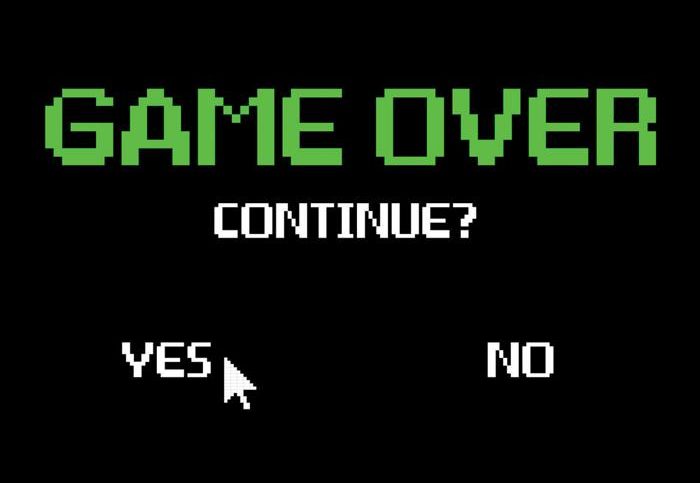by Jaye Sonia
Back in March, I asked readers a simple question – “what are your victory conditions?” At the time, the whole concept was fresh in my mind, as I had recently had an extended series of conversations with a friend on the very topic. And, like all good conversations, it forced me to think long and hard about what I wanted to create in my life. What were my victory conditions?
As both a writer and a gamer, I tend to explore two distinct narratives – one that is very imaginative (the story-teller’s paradigm) and one that is very empirical (the explorer’s paradigm). This is, I suppose, one of the reasons I love RPGs as much as I do – they are the perfect bridge between the two. Regardless of why we play, however, we all eventually arrive at that part of the game where we know we’re close to completing a chapter. Sometimes, this happens expectantly. Most of the time there are signs – little reminders of where we are along the path to victory or why we started the journey to begin with. These signs keep us aligned, help us make better decisions, and hopefully, allow us to achieve the victory conditions we set for ourselves.
When comparing and contrasting games and stories, Raph Koster, in his book A Theory of Fun for Game Design, wrote, “Games are better at emotions that relate to mastery.” And he’s correct. Because, even if we’re only playing games focused on skill improvement (Tetris, anyone?), we’re still looking for ways to improve. We do this in the modern sense with lots of first-person shooters, with incremental leveling and with characters that have powers we can unlock. It’s funny, too, because a lot of what we’re doing isn’t just about being distracted or entertained – it’s about discovering and mastering ourselves as human beings.
That’s not something you’re probably going to take away from Mario Brothers, but it is something you’ll find in games like Fable. The routine, repetitive jumping puzzles of the 1980s and 1990s still exist in the gaming world might still exist in Guild Wars 2, but the complex stories and agendas are what make them believable. It’s those things that allow us to immerse ourselves and, as a result, understand more. It’s those things that make us think and, when and where appropriate, evaluate our victory conditions.
You’re probably wondering, dear reader, why I’m revisiting this topic. Well, for one, it’s something I’ve been thinking long and hard about since I wrote the first part of this article back in March. Ultimately, this journey brought me to a point where I realized that my victory conditions include more than just money, more than just being an expatriate, and more than just living in the material – they involve the heroic search for something substantially more essentially me. That’s something I suspect a lot of gamers, writers, and artists inherently get, even if they can’t or choose not to articulate it.
So, this is my last article for Geeks & Gamers (at least for the foreseeable future). It isn’t the end of the column, of course. There will be no ‘game over’ screen. Instead, I’m going to be passing the controller to Ashraf Abdalla, who will take up the mantle of G&G’s future (and it helps that I envision Ashraf as an individual with an eye patch – someone who looks like Solid Snake and simply goes by “Ash”). Even if he doesn’t, he’s still going to be the man trudging through the trenches of the platform wars, reviewing new and old games, announcing awesome releases, and dispensing geek wisdom in my place. So, be kind to him (especially if he’s anything like Solid Snake), engage him and keep Geeks & Gamers a strong part of the tradition that is bazaar magazine.
And with that, I say my goodbyes. It’s been a joy writing for bazaar, as much for me as I hope it has been for each of you.







